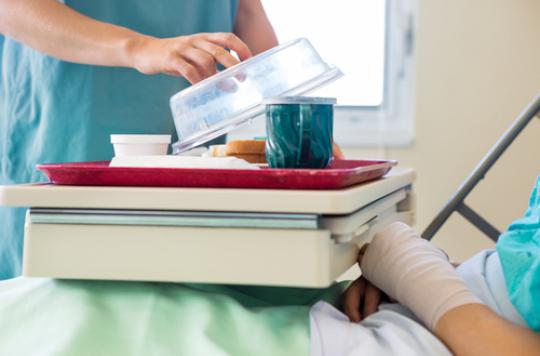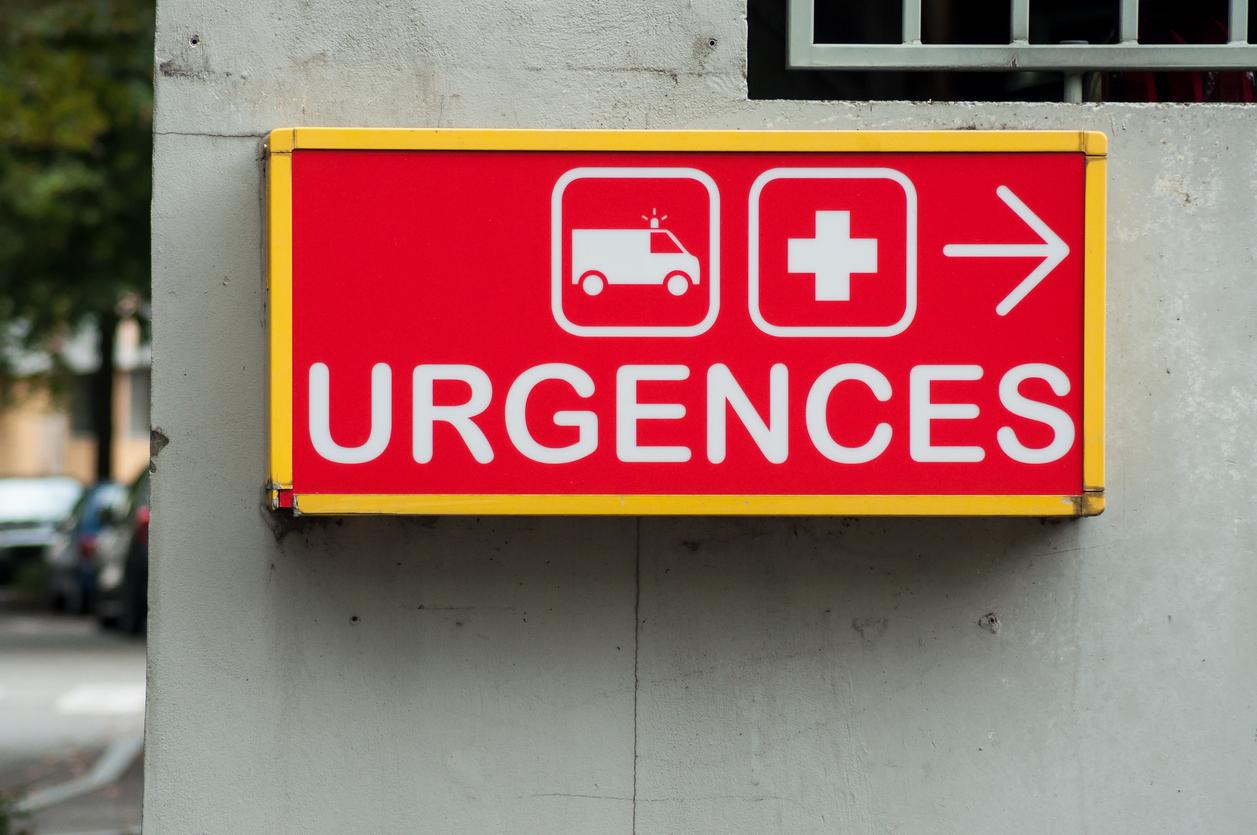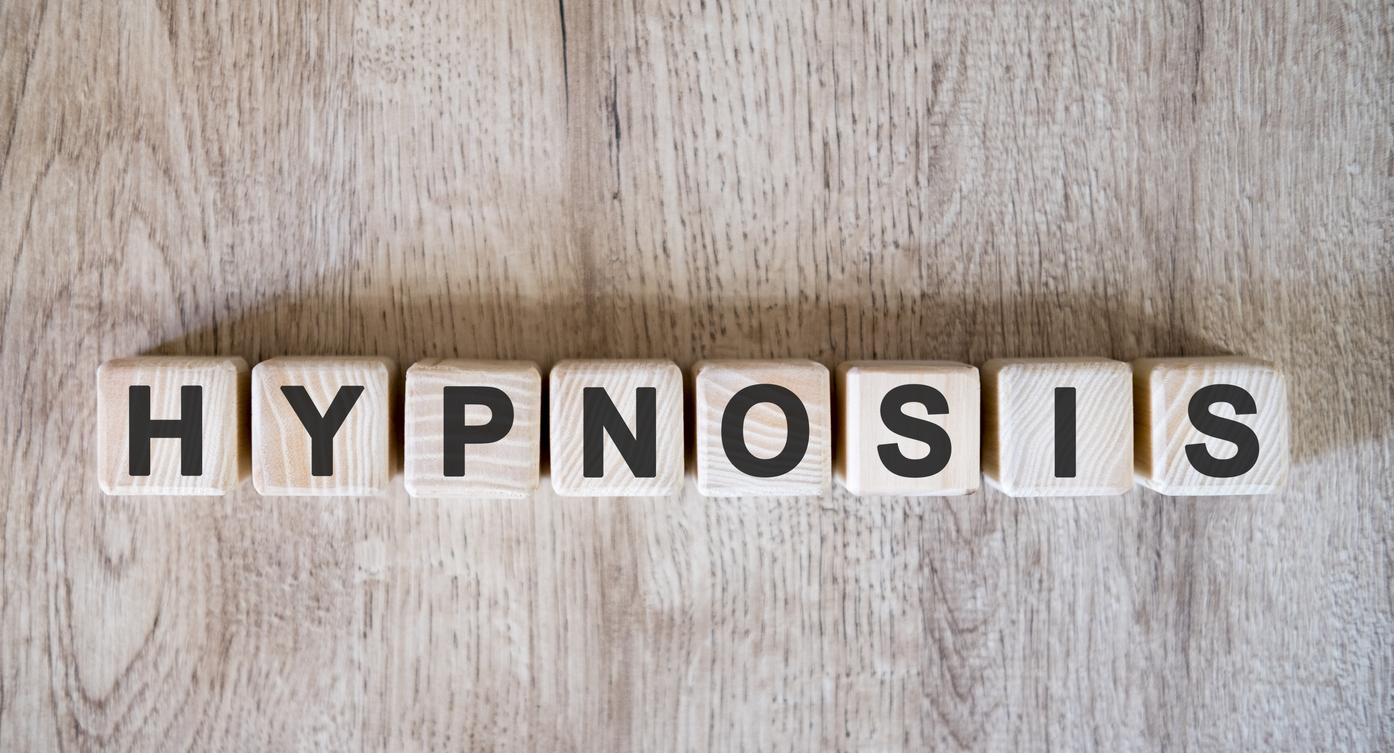To alert the general public and the public authorities, doctors, patient associations and political figures have launched a Collective to fight malnutrition.

Undernutrition is not only a scourge in poor countries. In France, more than 2 million children, adolescents, adults with chronic diseases and seniors suffer from it. A stable figure for more than 30 years, warns the Collective to fight against undernutrition launched this Tuesday by health professionals, patient associations, political figures.
In our country, it is mainly people hospitalized or placed in retirement homes who are undernourished. However, food is a key factor in healing. Undernourished and exhausted, patients cannot be properly cared for. Undernutrition “promotes the development of infections and postoperative complications, delays healing, increases the length of hospital stays, is responsible for falls in the elderly and can lead to death”, underlines the Collective on the Change.org site on which a petition has been put online to challenge the authorities.
A scourge which nevertheless has solutions. “But for lack of resources and awareness, we are not doing it”, deplore the members of the collective. A situation that they consider “unacceptable” and against which “it is urgent to act”.
10 concrete proposals
To end undernutrition in France, they drafted a manifesto with 10 proposals. They first ask that undernutrition become “the great national cause of the next five-year term” and that a national fight plan be launched in 2018 to halt the progression of this silent disease. They also set the goal that no elderly person die of undernutrition. They also prioritize sick children, 15 to 30% of whom are undernourished in hospital, by demanding the creation of a National Vigilance Committee.
The hospital and healthcare establishments are a crucial sector in overcoming undernutrition, according to officials. They suggest that all malnourished patients be weighed upon entering the hospital until their return to their homes, a simple and inexpensive way to detect malnutrition and monitor the course of the disease. They also believe that nutrition should have a central place in the care of patients. They thus demand “the presence of a nutritionist doctor and 10 dieticians for 600 hospital beds” as well as a “malnutrition referent in all establishments. The goal: 100% of patients must be properly nourished by taking “care of everyone by enhancing taste and pleasure”.
.

















